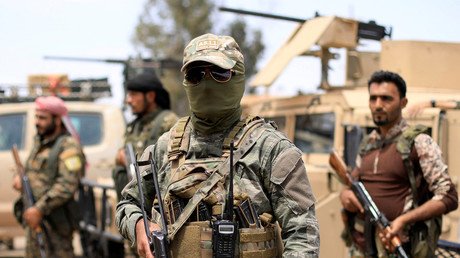‘Legal charades & crushing kids’: Meet the Israelis standing up for Palestinians
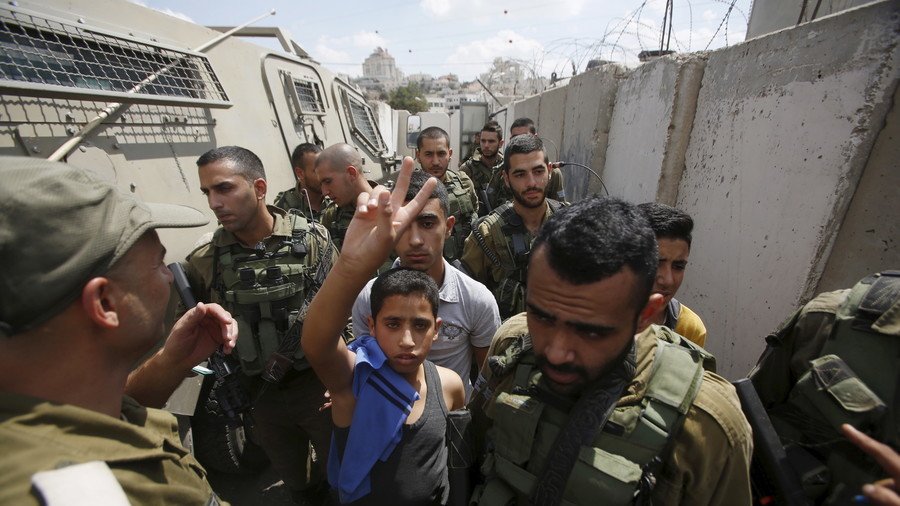
More than 40 Palestinian protesters marking the Great March of Return have been killed in five weeks of demonstrations on Gaza’s border. Ahead of the sixth Friday of protest, pro-Palestinian Israelis tell RT what needs to change.
A decade of violence along the Gaza border has decimated Israeli-Palestinian relations, according to Miriam Marmur, an activist with Gisha, an Israeli NGO aimed at protecting “the freedom of movement of Palestinians, especially Gaza residents.”
Following the Hamas takeover in 2007 and Israel's closure of Gaza Strip access by land, sea and air, “residents of Gaza have lived under excessively harsh and increasing restrictions on movement,” Marmur told RT.
The resulting living conditions are “really unbearable by any reasonable standards,” she said. “What's happening now is that the current wave of protests can’t be understood as detached from this context. It’s also a situation that can’t be solved using military measures.”
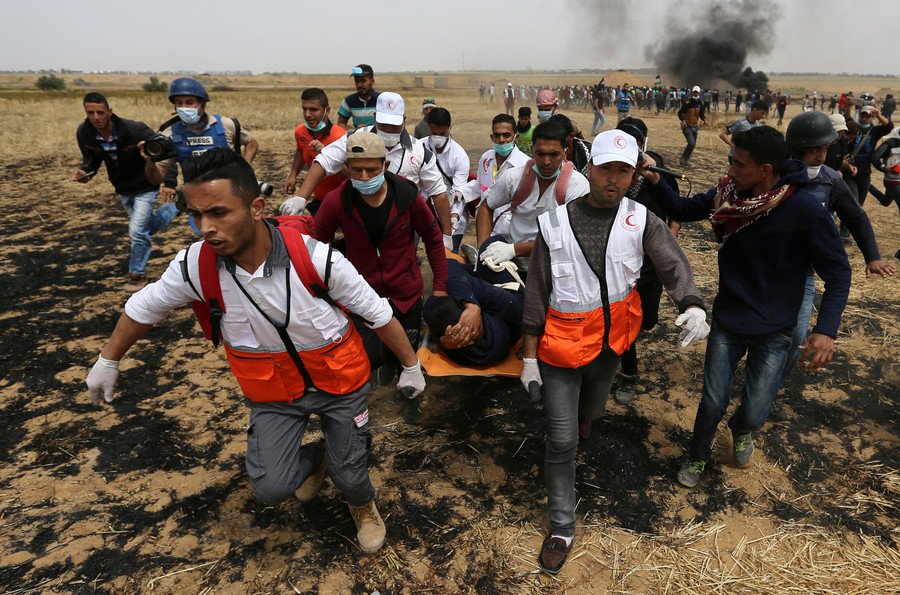
The ‘illusion’ of disengagement
‘Disengagement’ refers to Israel’s unilateral withdrawal of all military personnel and installations, as well as some 9,000 settlers, from within the Gaza Strip in 2005. However, Marmur argues that the practice has given a false impression about the dynamic between Israel and Gaza.
“The main misconception I think many Israelis have about Gaza is that Israel’s control over Gaza ended with disengagement, that’s what the disengagement was about,” said Marmur.
“And that kind of illusion of the end of control is definitely something that trickles down into people’s understanding of what it is that’s happening now. We believe that the massive deterioration of living conditions in Gaza is the calculated consequence of a very deliberate policy by Israel.”
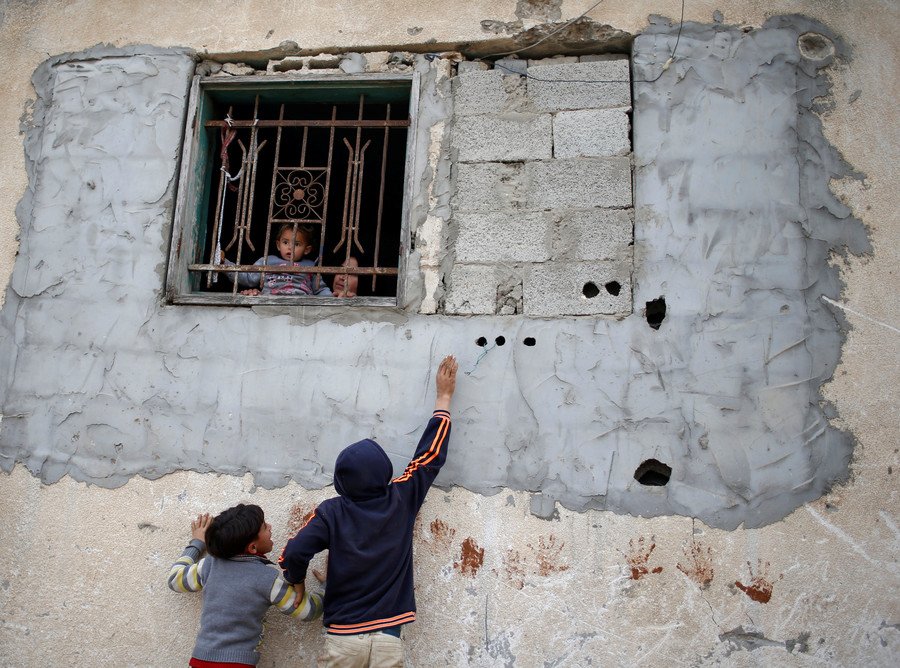
The law as a weapon
RT.com also caught up with Israeli human rights lawyer Nery Ramati whose firm recently represented Ahed Tamimi, the teenage Palestinian activist who was sentenced to eight months in prison for slapping an Israeli soldier. Nery, who has spent a decade representing Palestinians in military courts against the state of Israel, believes Israel’s legal system is designed to persecute Palestinians.
Ramati says his perspective on the conflict has shifted dramatically over the years – to the degree that he now fears Israeli security forces. “I remember at the beginning when I was going to the occupied territories, I was still very much trained mentally to fear Palestinians,” he told RT. “The level of trust [towards Palestinians] was not very high from my side. But as the years pass I’m afraid, but not of Palestinians. I’m afraid because of the [Israeli] soldiers and the police.”
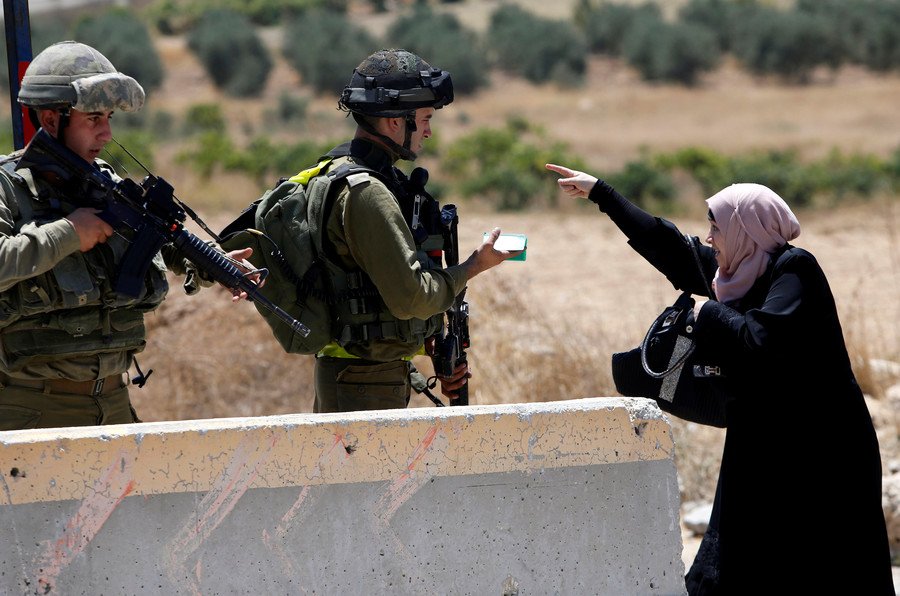
Ramati says that most of the military court’s cases involving Palestinian defendants end in a plea bargain: “The problem is that acquitting them in court a lot of the time would take longer and, because most of them are on remand automatically, with most of them you plea bargain.”
A recent report by Israeli human rights group B’Tselem tallies with his comment, showing a near 100 percent conviction rate for Palestinians brought before military courts.
Israel’s ‘war on children’ leaves hundreds of Palestinian youngsters imprisoned https://t.co/Ohqf3XegcOpic.twitter.com/wYaclXK300
— RT (@RT_com) March 11, 2018
The firm Ramati works with recently represented 17-year-old Ahed Tamimi, sentenced to eight months for slapping an Israeli soldier. He says Palestinian children from villages near illegal Israeli settlements are specifically targeted as a means of undermining the community.
“They identify the kids and they crush them, and they do it by law. And it’s not field marshall trials or anything like that, no, it’s courts with indictments and evidence and files and testimonies, the whole charade is happening,” he said.
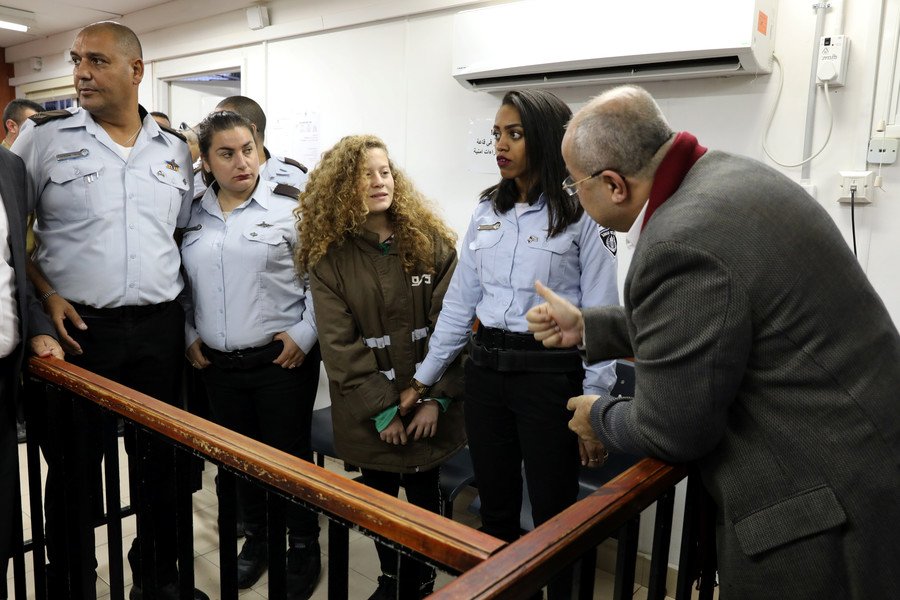
The jilted generation
The effects of arrest on young Palestinians can be devastating on both an individual and community level. “A lot of my clients, maybe 50 percent, drop out of school after prison. It’s very good for keeping the village docile to strangle them,” Ramati explains.
“The whole experience of being arrested is very violent. For the more sensitive among them it’s very traumatic. They are afraid of sound, a knock on the door. If they see a soldier they will avoid him.”
There is also a huge financial cost to the family, he says, as “there is always a fine, always.” Sometimes parents can’t pay for early release and have to leave their kids in prison. The parents of imprisoned kids also face losing their jobs because their visas to work in Israel are revoked when their child is convicted.
Israel’s official stance
Israeli authorities have long defended its handling of the situation in the Gaza strip. The IDF provides regular updates on its operations on social media. In a recent video posted to the its Twitter account, the IDF said Palestinians were being ‘fooled’ by claims of violence by Israeli military.
Everything you need to know about the riots in Gaza today, explained by Maj. Keren Hajioff pic.twitter.com/irJL12DrQp
— IDF (@IDFSpokesperson) March 30, 2018
Think your friends would be interested? Share this story!














